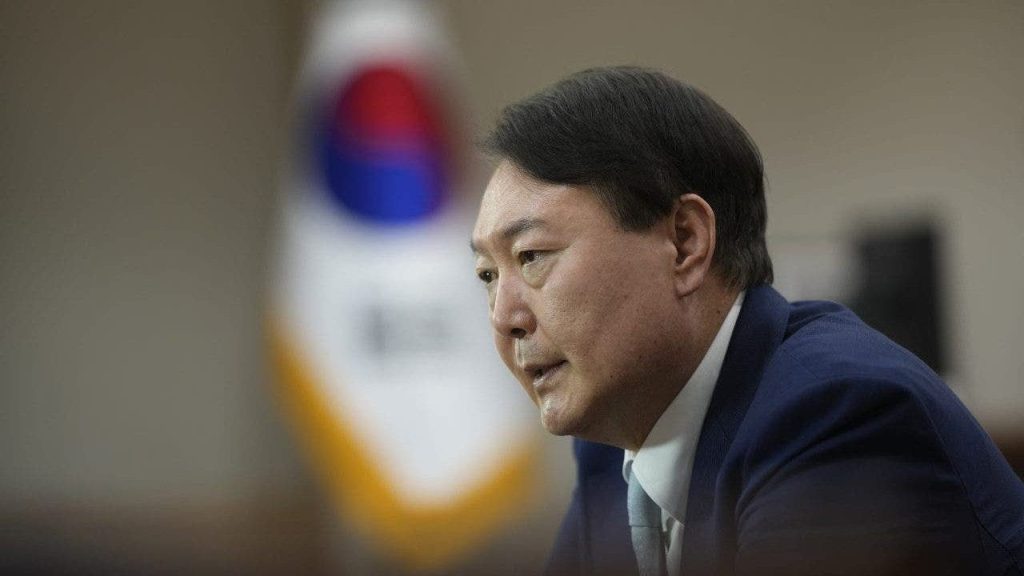South Korea is currently facing significant political turmoil as a South Korean court approved arrest warrants to detain impeached President Yoon Suk Yeol. This marks the first time a sitting president in the country has faced arrest. The warrants were issued in connection with a criminal investigation into Yoon’s martial law declaration earlier this month, which the Corruption Investigation Office for High-Ranking Officials is leading. Yoon has been suspended from office, and the investigation is centered around whether his declaration amounts to rebellion, which could result in the death penalty or life imprisonment if convicted.
Under South Korean law, a president is only allowed to declare martial law during wartime or similar emergencies and cannot suspend parliament’s operations even under martial law. Yoon’s declaration of martial law, which lasted only about six hours before being overruled by the National Assembly, was widely criticized as unconstitutional. Following the event, he was impeached by the National Assembly, and now awaits a decision from the Constitutional Court. The court case is ongoing, with experts suggesting that adding more justices could increase the chances of Yoon’s impeachment, as it would require support from at least six justices.
In addition to the political turmoil, South Korea is also dealing with the aftermath of the deadly Jeju Air plane crash that claimed the lives of 179 people. Acting President Choi Sang-mok presided over a task force meeting investigating the disaster. The crash occurred when a Boeing 737-800 plane landed without its front landing gear deployed, overshot the runway, and crashed into a concrete fence, resulting in a fireball. The country is still reeling from the tragedy, with investigations ongoing to determine the cause of the crash.
The situation in South Korea has led to public protests both in opposition and in support of Yoon. Following the impeachments of President Yoon and Prime Minister Han Duck-soo, both of whom were impeached by parliament, the country is facing a period of uncertainty. Yoon’s defense minister, Kim Yong-hyun, who played a major role in the martial law decree, has also been detained and indicted on charges of insurrection and abuse of power. The political landscape in South Korea remains contentious and divisive as the country grapples with these significant challenges.
Yoon’s whereabouts are currently unknown, and he has been banned from leaving the country. Despite having presidential immunity from most criminal prosecutions, allegations of rebellion or treason are exceptions to this privilege. The next hearing in Yoon’s Constitutional Court case is scheduled for Friday, where the fate of the impeached president will be determined. The country, which is a key U.S. ally and a major economy in Asia, is facing a critical moment in its political history as it navigates these challenges and seeks to move forward amid significant turmoil.













